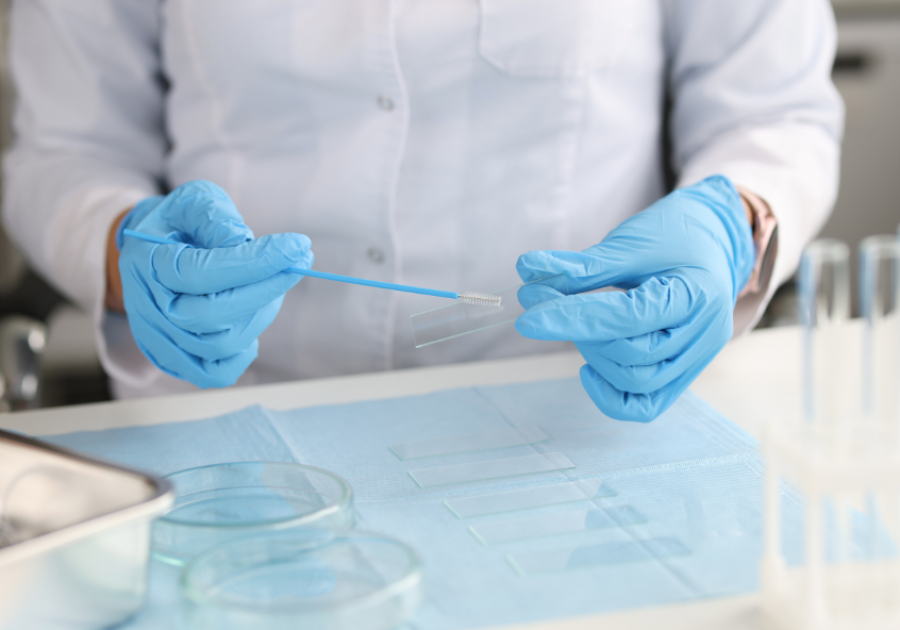
A 33% reduction in cancer death rate since 1991 to 2020. The American Cancer Society published this impressive statistic days before World Cancer Day on 4th February 2022. As a developed nation, patients and health care workers in the USA embraced modern therapeutics as they arrived. Lawmakers supported public health campaigns which helped curtail smoking and adopt early cancer screening programmes. Despite these impressive gains, several questions remain - was cancer care equitably available for all those who needed it? Does this positive trend reflect the scenario across the globe?
In a post-COVID-19 pandemic world, the theme of this year’s World Cancer Day is “Close the Care Gap”. Since long before the pandemic, cancer has been the slow-moving tsunami that troubled clinicians and inflicted incalculable suffering on families and communities. Just as we saw during the pandemic, the care that cancer patients receive is far from equitable. Income, education, country of residence and discrimination based on ethnicity, gender, sexual orientation, age, disability, and lifestyle still determine if cancer patients will receive appropriate levels of care that enable them to live their life with dignity.
There are many exciting prospects in the domain of cancer research. The novel mRNA mediated cancer “vaccines” have captured the most headlines recently. However, the term “vaccine” maybe a mild misnomer, as it is not a conventional vaccine that could prevent cancers – but rather a novel therapy, which uses mRNA technology (used by the Pfizer COVID-19 vaccine) to “teach” a patient’s immune cells to attack and destroy abnormal cancerous cells in both early and late-stage patients. Most recently, the UK government has entered into a partnership with a prominent immunotherapy manufacturer to set up the “Cancer Vaccine Launch Pad”, which plans to recruit large numbers of cancer patients to participate in Phase 3 trials, which will give definitive evidence as to whether these new therapeutics are effective.
However, such innovative therapeutics will only go so far – because when these vaccines hit the market after years of clinical research and regulatory approvals, it will be too late for those battling cancer today. Luckily, the versatile mRNA technology has the potential to reduce the time to vaccine development – as seen in the case of COVID-19 vaccines, which were developed and deployed in record time and record numbers. Cancer caused an estimated 10 million deaths in the year 2020. Yet, in the eyes of policy makers, the priority and urgency of the cancer burden, may never match that of the COVID-19 pandemic.
Unfortunately, as with other immunotherapies, these new drugs are also likely to price out the majority of the cancer patients in the world – unless subsidized by a willing government or medical insurance provider. This reality is supported by the CONCORD-3 study, led by researchers from LSHTM, which analysed five-year survival for 37 million patients diagnosed with cancer between 2000 and 2014, with data from over 300 cancer registries in 71 countries. Developed nations demonstrated a steady improvement in survival, whilst developing nations lagged significantly – possibly due to the lack of early diagnosis and optimal treatment, even for largely curable cancers.
Whilst impressive advances have been made in high-income settings, opposite trends such as increased smoking prevalence have emerged in low- and middle-income settings. The preventive benefits of HPV screening for cervical cancer remain out of reach for many of these populations. Cancer remains an economic and social death sentence to many patients in these communities, due to the staggering direct and indirect costs of care, as well as due to stigma – despite modern therapies improving the quality of life and survival in most cancer diagnoses.
Rather than a one-day awareness programme on the day, the theme “Close the Care Gap” should become a mantra that inspires action and creates impact in the coming years. As a society, we need to hold hands with an entire team of healthcare professionals to identify the needs of those battling cancer in our communities; and lend a helping hand to help overcome the barriers to care that they face. We can start small – a kind act of driving patients to their treatment centres – and then, come together as a community to ensure their food and accommodation security. The power of the collective can then be harnessed and directed to enacting real policies and legislation – such that no patient and care-giver battling cancer in our community is left to do it alone. Let’s make the most of the existing therapeutic and preventive measures and embrace the new frontiers in cancer management, to alleviate as much suffering as we can.
Further reading:
Our postgraduate taught courses provide health practitioners, clinicians, policy-makers, scientists and recent graduates with a world-class qualification in public and global health.
If you are coming to LSHTM to study a distance learning programme (PG Cert, PG Dip, MSc or individual modules) starting in 2024, you may be eligible for a 5% discount on your tuition fees.
These fee reduction schemes are available for a limited time only.
